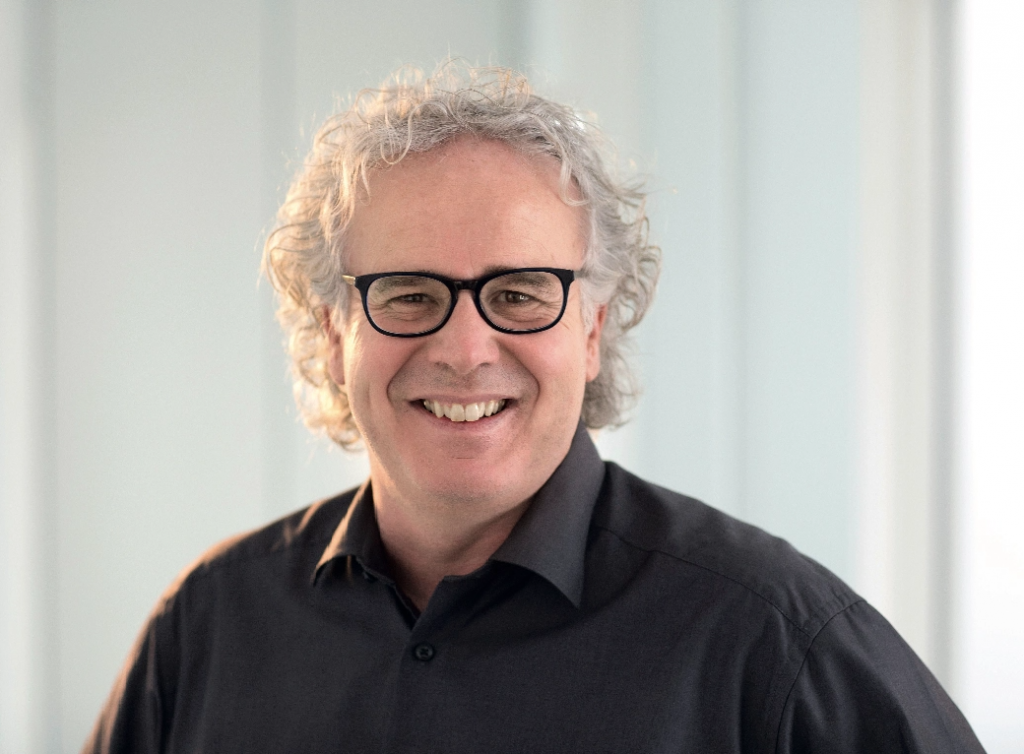For Ulrich Leisentritt, training at the German Milling School was, so to speak, genetically pre-determined. “My father was already in Braunschweig from 1951 to 1953. I had DMSB right from the cradle, as it were,” explains Ulrich Leisentritt with a grin. He decided to focus on “Milling- related process engineering”, which interested him most right from the very beginning. He still benefits from this time today, with his current employer, TrennSo-Technik.
After graduating in 1988, he spent several months at the Federal Research Institute for Grain Processing in Detmold. He then worked for a weighing and plant engineering company in Augsburg before joining Happle, now called Hamatec, in Weissenhorn, Bavaria. In this company, which mainly manufactures and sells machines for sifting, screening and heavy particle selection, he initially started in the grain and miller sector. Ulrich Leisentritt remembers: “In 1994 I changed to the relatively new area of ‘Environment / Recycling Technology’. At some point, the switch to Trennso Technik was a logical step. Additionally, the paths were short. We knew each other personally, because both companies are located in Weissenhorn.”
Off to new realms: Recycling, bulk materials and food.
The DMSB graduate joined TrennSo Technik as a project manager in 1997. As a globally active medium-sized company, TrennSo-Technik has been developing solutions for the recycling, bulk material and food sector for more than 30 years. “With the various screening machines, separating tables, air classifiers, dosing systems and conveyor systems, which are implemented as individual machines in modules or in complete plants, we offer a solid basis for a profitable and valuable investment in the future”, Leisentritt explains the core competencies of the company, for which he has been an authorized signatory since 2009.
For about ten years, his activities have shifted to sales. After joining TrennSo, he drew his own projects on CAD – mainly in the field of recycling and bulk materials technology. Until the company received more and more inquiries from the food sector about five years ago. “We could clearly feel the large, interested market for this. Good separation technology considering current hygiene standards is a major topic at the moment. Our decades of experience in plant engineering makes it much easier for our customers on larger projects.”
Back to the roots
Through the interface to the food industry, the DMSB graduate gradually returned to the roots of his training. A perfect mixture for him: “Meanwhile, I spend at least three quarters of my time in the food sector and I enjoy it very much. Over the last five years, we have won many exciting and well-known customers from the confectionery production, spices, herbs and tea processing sectors and have supplied first-class plants that are also tailored to demand. One of the decisive factors here is our modern technical centre, where we can work with our customers to determine the optimum process sequence for the respective product.”
In the coming years, a large number of old plants will have to be converted. So it remains interesting for the experienced process engineer with a milling background. He gives today’s DMSB students important advice: “Always keep your eyes open. After the wonderful practical training at the DMSB, there are so many possibilities to go to other industries later on. Today, good and practically trained process engineers are needed everywhere. And who knows: Maybe I will soon get a young colleague from the DMSB. I would be very happy about that.”
